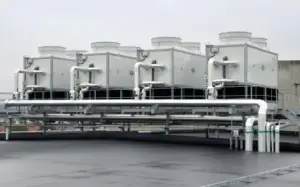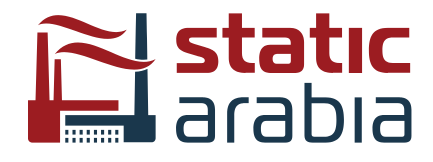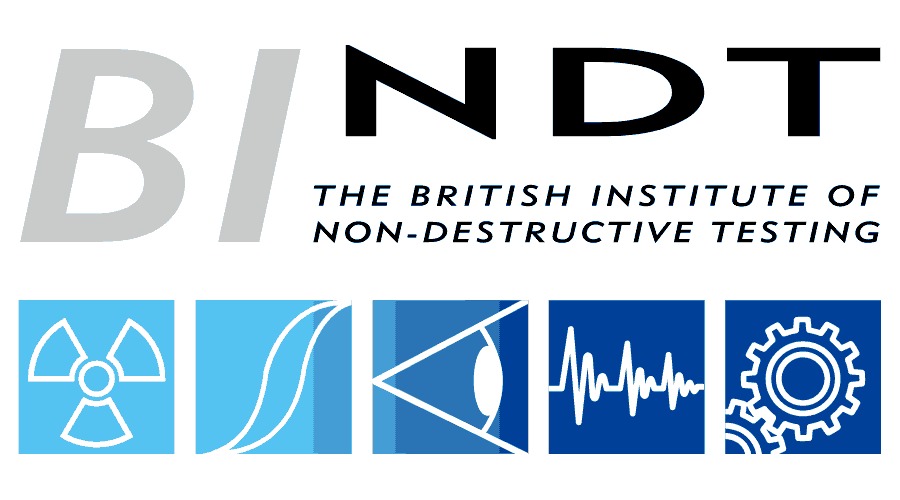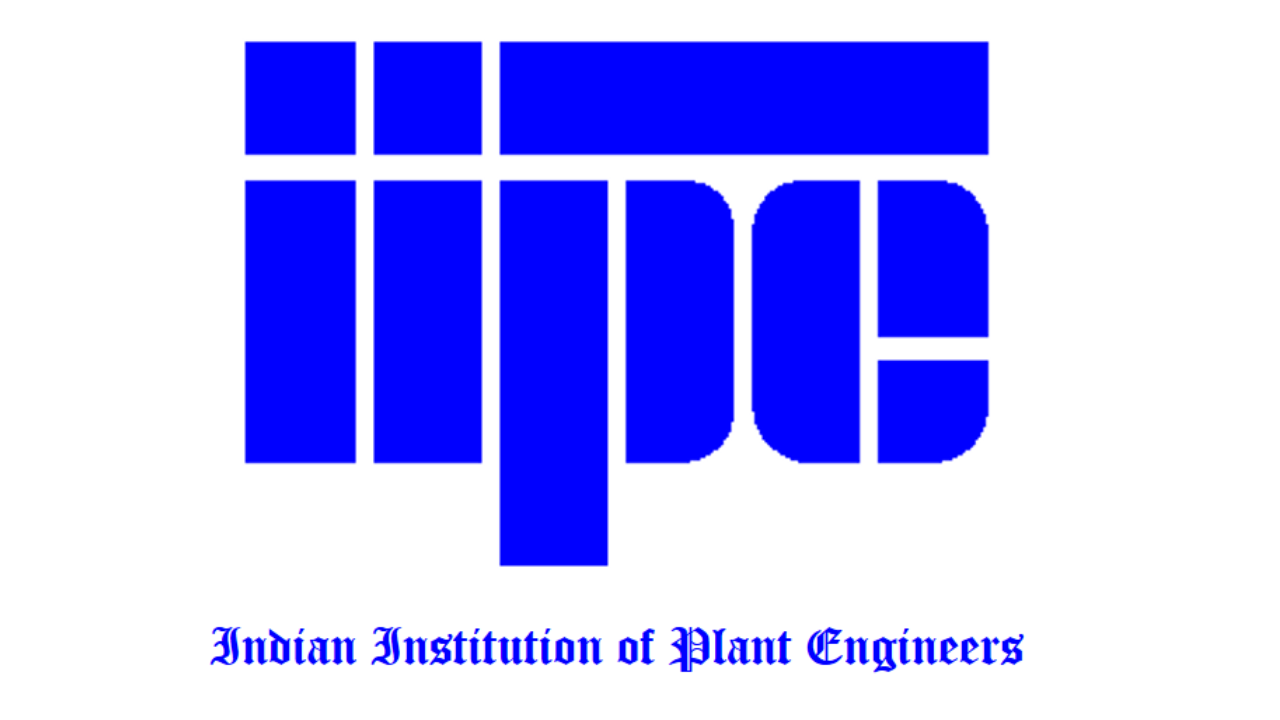Efficient heat dissipation is a critical requirement in industrial operations across the GCC, where high ambient temperatures pose challenges to thermal management. Dry cooling tower technologies have emerged as a reliable solution for heat rejection in static machines, minimizing water consumption while ensuring optimal equipment performance. These systems are particularly advantageous in industries such as power generation, petrochemicals, and heavy manufacturing, where efficient cooling is integral to operational stability.
Principles of Dry Cooling Technology
Unlike wet cooling systems that rely on evaporative cooling, dry cooling towers function using air-cooled heat exchangers to dissipate excess heat. This is achieved through finned tube bundles where heated process fluids transfer thermal energy to the surrounding air. Industrial applications favor dry cooling due to reduced dependency on water resources, making them suitable for arid regions like the GCC.
Key Features of Dry Cooling Towers in Static Machinery
-
Air-Cooled Heat Exchangers – Dry cooling towers employ advanced air-cooled heat exchangers that enhance heat transfer efficiency using high-performance finned tube configurations.
-
Corrosion-Resistant Materials – Given the harsh environmental conditions in the GCC, dry cooling towers incorporate corrosion-resistant materials such as stainless steel or aluminum alloys to ensure longevity.
-
Modular Design for Scalability – Industrial facilities benefit from modular configurations that enable system expansion without significant downtime.
-
Optimized Fan Systems – High-efficiency axial or centrifugal fans ensure uniform airflow distribution, enhancing the cooling process while maintaining energy efficiency.
-
Reduced Water Dependency – By eliminating the need for water replenishment, dry cooling towers align with sustainability goals and regulatory compliance in water-scarce regions.

Industrial Applications in the GCC
-
Power Generation – Gas turbine and steam cycle power plants deploy dry cooling towers to enhance operational reliability and minimize water usage.
-
Petrochemical and Refining – Refineries and petrochemical complexes utilize dry cooling systems to maintain process efficiency under extreme thermal loads.
-
Manufacturing and Heavy Industry – Industrial plants integrate dry cooling towers to prevent overheating in static machinery such as compressors, generators, and large-scale production equipment.
Dry cooling tower technologies provide a sustainable and efficient alternative for industrial thermal management in the GCC. By leveraging advanced heat exchanger designs, corrosion-resistant materials and optimized airflow systems, industries can achieve reliable cooling while reducing environmental impact. As demand for energy-efficient solutions grows, dry cooling towers will continue to be a pivotal component in industrial heat dissipation strategies.








